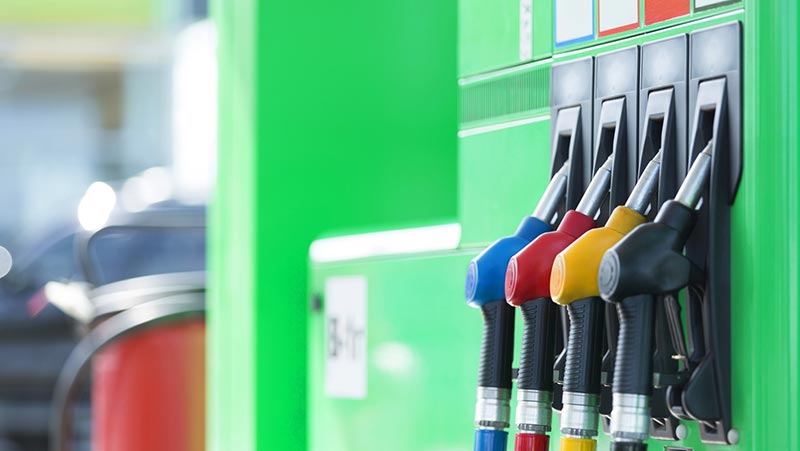23
May 2018
What’s Causing the Fuel Price Hike
The price of fuel continues to rise, having recently hit the highest levels seen in three and a half years.
Experts say consumers should be braced for even more increases, with many predicting that prices will continue to rise in the next fortnight, possibly even to the record levels seen in November 2012.
Figures provided by RAC’s Fuel Watch showed that on Tuesday the price of diesel had reached 130.17p per litre, and unleaded was at 127.33p per litre, with both expected to continue to rise.
The rise in fuel prices in forecourts across the UK since the beginning of the month has been driven by the increase in oil prices over the same period. Crude oil last week hit $80 a barrel, which it last did in November 2014.
According to Simon Williams, the RAC’s fuel spokesman, the rise in crude oil prices themselves have been caused by “OPEC (the Organisation of the Petroleum Exporting Countries) and Russia limiting production to reduce an oversupplied market. On top of this we now the United States’ decision to re-impose economic sanctions on Iran which is the third biggest oil producer in OPEC.” He added “this will tighten supply even further and cause the barrel price to go up even more.”
President Trump recently announced fresh sanctions on Iran with the aim of curtailing the country’s nuclear ambitions. In the short term, however, the announcement of the sanctions has driven up the price of oil over fears that they would negatively impact the country’s oil exports. The US has also imposed further sanctions upon Venezuela following the country’s re-election of the hard-line socialist Nicolas Maduro.
"If the boss of one of the world's largest oil companies is talking about $100 a barrel or more, then you have to think things are going to get worse before they get better," said the RAC foundation’s Philip Gomm, on the news that Patrick Pouyanne, CEO of Total had speculated that oil could be heading for $100 a barrel "in the coming months".
On the other hand, Bob Dudley, BP’s chief executive, has predicted a fall in oil prices in the near future, back down to between $50 and $65 a barrel. He made this prediction on the basis that US shale production, and an increased supply from the other members of OPEC would make up for any shortfall caused by the sanctions.
Mr Williams pointed out that “the worst may be still yet to come. If the price of oil goes up towards $100 a barrel we will very likely see a return to the dark days of April 2012 when petrol and diesel hit record highs. Even though the oil price was higher then (around $120 a barrel) today’s weaker exchange rate will lead to similar prices at the pumps.”
If this comes to pass as predicted, then prices could go as high as 141 and 144 pence per litre for petrol and diesel respectively.
Providing a more positive outlook in terms of how the fuel price rise would affect UK consumers in the near future the chief UK economist at Capital Economics, Ruth Gregory, said she expected the impact to remain limited.
She said "we're expecting the oil price to drift lower by the end of next year. The recent rise mostly reflects geopolitical tension and the potential risk of supply disruption, factors we think should prove temporary."





